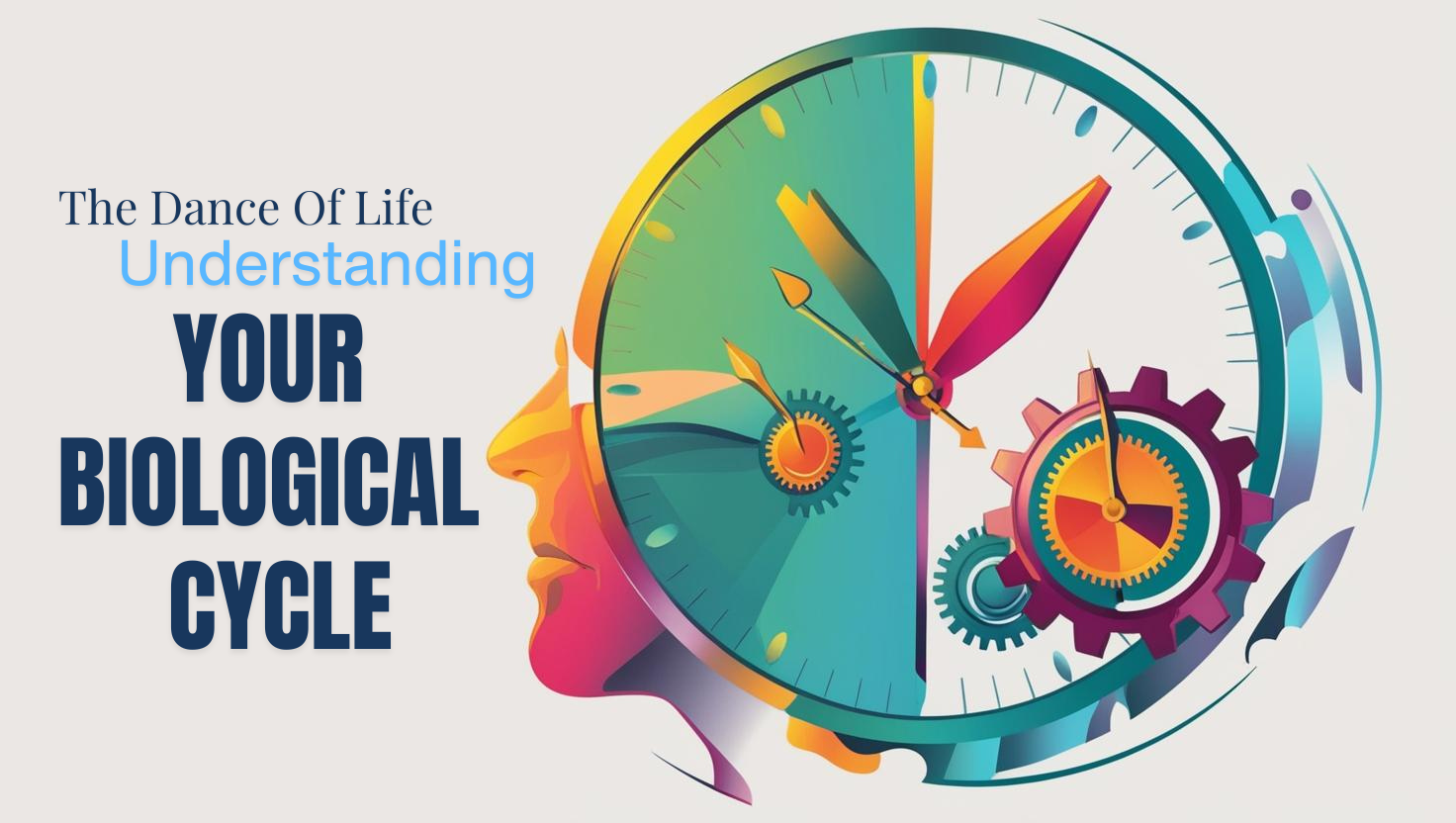Your body is an intricate timekeeper, operating with precision that rivals the most sophisticated Swiss watch. Throughout each 24-hour cycle, it orchestrates thousands of biological processes in a carefully choreographed rhythm. This internal symphony, known as our biological clock or circadian rhythm, is far more than just controlling when we feel sleepy or alert - it's a complex system that governs everything from our hormone production and body temperature to enzyme release and organ functions, all playing crucial roles in maintaining optimal health.
Understanding the Body's Natural Rhythm
At the heart of this remarkable system lies the suprachiasmatic nucleus (SCN), a tiny region in your brain's hypothalamus that serves as your master timekeeper. Think of the SCN as the conductor of an intricate orchestra, where each organ and bodily function represents a different instrument. Just as a conductor ensures each musician plays at exactly the right moment, the SCN coordinates various bodily functions throughout the 24-hour cycle, sending precise signals to ensure each organ performs its role at the perfect time. This coordination happens through complex hormonal and neural signals that respond to environmental cues, particularly light and darkness, helping your body maintain its natural rhythm.
The 24-Hour Organ Clock
Let's explore how different organs take center stage throughout the day:
- 3:00 AM - 5:00 AM: The Lungs' Hour
- Peak time for lung function
- Body should be asleep
- Important for oxygen replenishment
- If awake, breathing exercises can be beneficial
- 5:00 AM - 7:00 AM: Large Intestine Activation
- Optimal time for bowel movements
- Body's natural detoxification period
- Ideal time for morning hygiene routines
- 7:00 AM - 9:00 AM: Stomach's Prime Time
- Perfect window for breakfast
- Maximum nutrient absorption
- Highest digestive efficiency
- 9:00 AM - 11:00 AM: Pancreas & Spleen
- Peak enzyme production
- Ideal time for challenging tasks
- Best period for physical activity
- 11:00 AM - 1:00 PM: Heart Time
- Enhanced nutrient circulation
- Good time for light lunch
- Consider a short rest or tea break
- 1:00 PM - 3:00 PM: Small Intestine
- Main digestion and assimilation period
- Good time for moderate activity
- Continued nutrient processing
- 3:00 PM - 5:00 PM: Bladder Activity
- Focus on hydration
- Peak mental alertness
- Excellent time for analytical work
- 5:00 PM - 7:00 PM: Kidney Function
- Blood filtration peak
- Ideal for light exercise
- Perfect for evening walks
- 7:00 PM - 9:00 PM: Circulation (Pericardium)
- Beginning of body's wind-down
- Time to start relaxing
- Gentle activities recommended
- 9:00 PM - 11:00 PM: Temperature Regulation
- Body prepares for rest
- Hormonal balancing begins
- Best time to start bedtime routine
- 11:00 PM - 1:00 AM: Gallbladder
- Period when the body should be at rest
- Transition time where yin energy fades and yang energy begins to grow
- Important for waking up energized the next day
- Associated with processing deeper emotions like resentment
- Critical time for quality sleep
- 1:00 AM - 3:00 AM: Liver
- Prime detoxification period
- Time for blood regeneration and cleansing
- Body should be in deep sleep
- Important for toxin release
- If you frequently wake during this time, it could indicate:
- Excess yang energy
- Liver function issues
- Detoxification pathway problems
- Often associated with processing emotions like anger and frustration
These last two periods (11:00 PM To 1:00 AM & 1:00 AM To 3:00 AM) are especially crucial for the body's restoration and detoxification processes. During these hours, the body performs essential maintenance and renewal functions, which is why quality sleep during these times is so important for overall health.
Impact on Health and Wellness
The relationship between your biological clock and overall health is profound and far-reaching. When we align our daily activities with our natural rhythms, we're not simply following a schedule - we're optimizing our body's natural processes. This alignment affects everything from the molecular level to our overall wellbeing:
- Sleep Quality: Proper alignment helps optimize the production of sleep hormones like melatonin, leading to more restorative rest
- Digestion: Working with your body's natural digestive rhythms improves nutrient absorption and reduces digestive issues
- Energy Levels: Matching activity to your body's natural energy peaks helps maintain consistent vitality throughout the day
- Immune Function: Your immune system operates on a daily rhythm, with certain functions peaking at specific times
- Mental Performance: Cognitive functions have natural peak periods when your brain is most efficient
- Metabolic Regulation: Your metabolism operates differently throughout the day, affecting how your body processes nutrients
Disruption Risks
Modern life, with its artificial lights, irregular schedules, and 24/7 connectivity, often forces us to work against our natural rhythms. This isn't just about feeling tired - it's about fundamentally disrupting the complex biochemical processes that keep us healthy. These disruptions can lead to:
Tips for Maintaining Healthy Rhythms
Working with your biological clock doesn't require a complete lifestyle overhaul, but rather an understanding of and respect for your body's natural timing. Here's how each aspect of the recommendations works:
Tips for Maintaining Healthy Rhythms
- Consistent Schedule
- Wake and sleep at regular times
- Eat meals at set hours
- Exercise at optimal times
- Light Exposure
- Get morning sunlight
- Reduce evening blue light
- Create a dark sleep environment
- Meal Timing
- Substantial breakfast (7-9 AM)
- Light lunch (11 AM-1 PM)
- Early dinner (5-7 PM)
- Activity Alignment
- Exercise during energy peaks
- Rest during natural dips
- Wind down before bedtime
Your biological clock is more than just a timekeeper - it's a fundamental aspect of your health that influences every cell in your body. By understanding and working with these natural rhythms rather than against them, you can create an environment where your body functions optimally, leading to better health, more energy, and improved overall wellbeing.
The key to success isn't in following every rhythm perfectly but in making gradual adjustments that bring you closer to your natural biological patterns. Even small changes in alignment with your body's clock can lead to significant improvements in your health and quality of life.
*Note: If you are looking for health guidance or wish to take my 3 days trial, feel free to whats app me on +91-99139 31111


